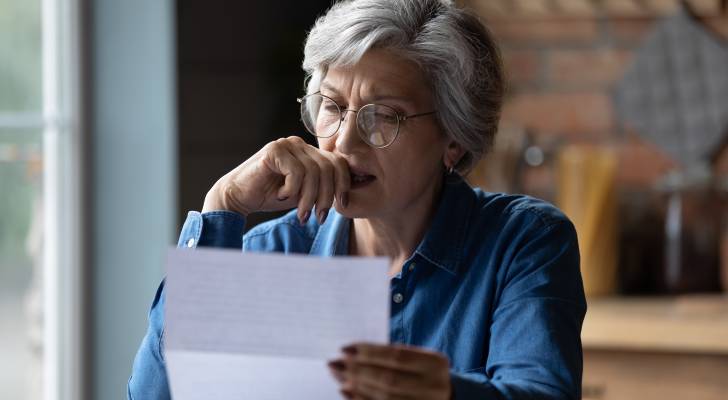Never Share These 5 Secrets as an Older American — Risk Major Consequences

Protecting Personal Information: Essential Secrets for Older Americans
As people age, they often face a variety of challenges, including health concerns, financial planning, and long-term care. However, one critical risk that is frequently overlooked is the vulnerability of personal information. Sharing sensitive details about finances, legal matters, or health — even with close friends or family — can expose individuals to fraud, manipulation, or unintended consequences.
Here are five key pieces of information that should remain private unless discussed with a trusted professional, along with the reasons why maintaining confidentiality is crucial.
Your Net Worth or Salary
Older Americans hold a significant portion of the nation’s wealth, making them prime targets for scammers and fraudsters. According to SmartAsset, nearly 73% of the country's wealth is held by older adults. This financial standing makes them particularly vulnerable to theft, manipulation, or financial abuse.
When others know your salary, savings, or net worth, it increases your exposure to potential threats. To protect yourself, keep this information private unless you’re working with a licensed financial advisor or another trusted professional.
Passwords and Sensitive Personal Information
Many older Americans rely on family members for tech support, but sharing passwords, PINs, or login details can be risky. Whether it’s banking credentials, Medicare accounts, or email passwords, giving access to these can lead to mistakes, misuse, or even exploitation.
Cybercrime is becoming increasingly common among seniors, who may not be as familiar with online security practices. Once personal information is shared, it can be challenging to regain control. To stay safe, avoid sharing passwords unless absolutely necessary. The more securely you guard your digital life, the less likely you are to fall victim to scams or identity theft.
Power of Attorney
A power of attorney (POA) can be a useful tool for managing affairs when someone is unable to do so themselves. However, it is also one of the most commonly misused legal documents. Granting someone POA gives them broad authority to act on your behalf, which could include accessing bank accounts, selling property, or making medical decisions.
According to Carefull, misuse of power of attorney is a leading method of financial exploitation among older adults. Even well-meaning family members can overstep if they feel entitled to manage your affairs their way. To protect yourself, don’t rush the process. Work with a qualified attorney to create a POA that clearly outlines limits and responsibilities. Only assign this role to someone you trust implicitly, and review the document regularly to ensure it still reflects your wishes.
Details of Your Will
Your will and estate plan contain some of your most sensitive information, from a full list of your assets to exactly who will receive what. In the wrong hands, these details can be used against you. Scammers may see your estate plan as a blueprint for potential fraud, while even well-meaning relatives might try to influence your decisions once they know what’s at stake.
In fact, a survey published in the Journal of General Internal Medicine found that the most common perpetrators of financial exploitation of seniors were family members. To avoid putting yourself in a vulnerable position, don’t share the details of your will with anyone who doesn’t need to know. Keep those conversations between you, your lawyer, and your executor — and make sure everything is stored securely and updated regularly.
Mental Health or Other Health-Related Issues
As we age, health issues involving memory or cognitive function can become more common. Unfortunately, this can also make older adults more vulnerable to exploitation. A study published in the National Institute of Justice Journal found that cognitive decline is closely linked to an increased risk of fraud. When others are aware of your mental health challenges, it can open the door to manipulation.
This doesn’t mean you should hide your health concerns. But it does mean you should be thoughtful about who you share them with. Stick to medical professionals and a small circle of trusted loved ones. Put protections in place, like legal safeguards and a medical power of attorney, to ensure your wishes are honored no matter what.
Protecting your personal information is just as important as protecting your physical health or financial assets, especially as you get older. By keeping sensitive details private and working only with qualified professionals, you can safeguard your independence and avoid unnecessary risks down the line.
